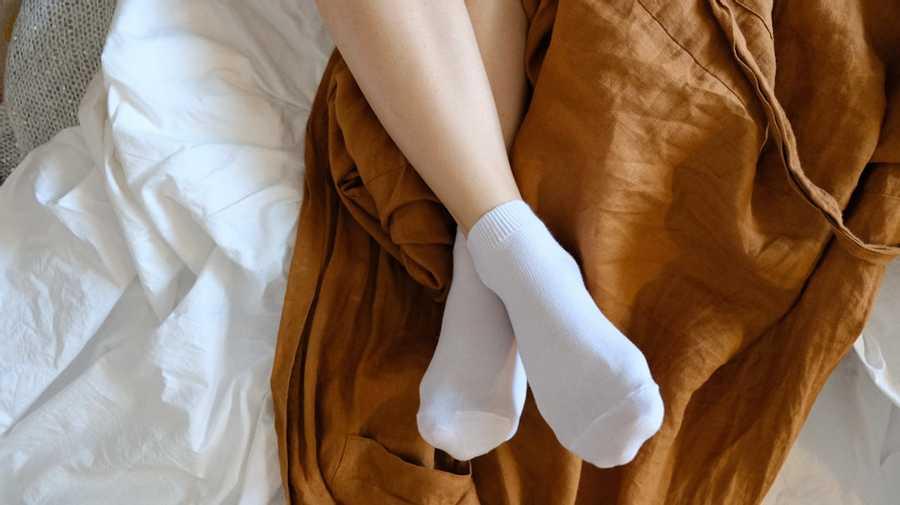Too-cold or too-hot bedroom
- Being too hot or too cold can cause restlessness and make it hard for you to fall or stay asleep.
- Personal preference should play a role in your bedroom’s temperature, but a cooler room is better when it comes to a comfortable sleep.
- If you still have trouble sleeping, warming your feet by wearing socks may help dilate blood vessels and adjust your internal thermostat.
- A 2007 study shows that adults who wore unheated or heated socks to bed were able to fall asleep faster.
314
1.26K reads
CURATED FROM
IDEAS CURATED BY
Lawyer turned Artist Visionary Curator & Gallerist. Empowering self-love and joy through art & words. www.innerjoyart.com 💝 Instagram : dymphna.art
The idea is part of this collection:
Learn more about productivity with this collection
How to make rational decisions
The role of biases in decision-making
The impact of social norms on decision-making
Related collections
Read & Learn
20x Faster
without
deepstash
with
deepstash
with
deepstash
Personalized microlearning
—
100+ Learning Journeys
—
Access to 200,000+ ideas
—
Access to the mobile app
—
Unlimited idea saving
—
—
Unlimited history
—
—
Unlimited listening to ideas
—
—
Downloading & offline access
—
—
Supercharge your mind with one idea per day
Enter your email and spend 1 minute every day to learn something new.
I agree to receive email updates
